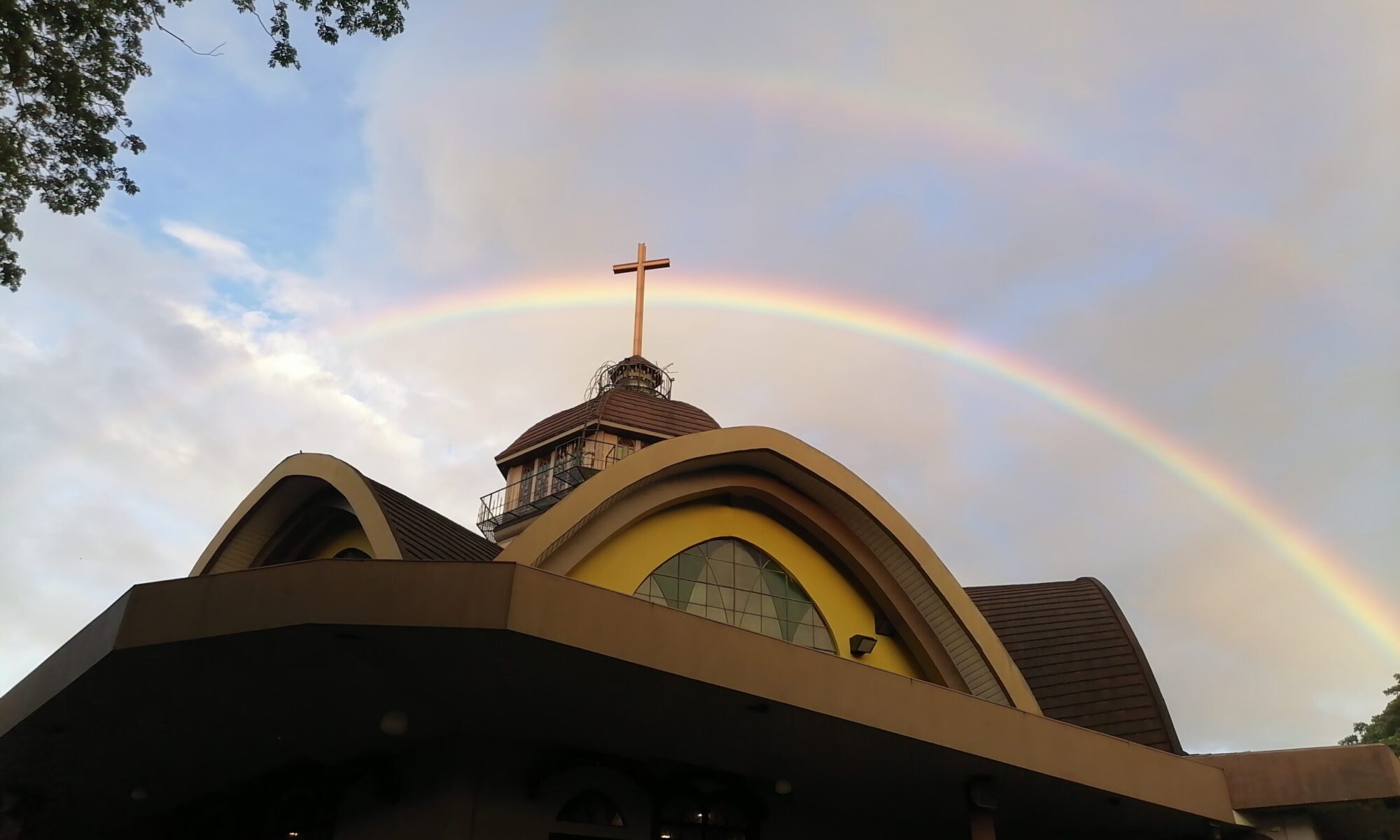
Much has been written on Liturgical abuses. Some were small things that could make the Mass illicit but not invalid. Some are serious enough to invalidate the Mass. I would like to put my attention on one serious neglect that could invalidate the Mass. This is the Intention.
The Sacraments are the Church’s main instruments in the sanctification of souls. For them to benefit all concerned, the Sacraments must be administered properly: Matter and Form must be strictly observed; and … THE MINISTER MUST HAVE THE RIGHT INTENTION. Since seldom is there problem with regard to Matter and Form I will forego discussing these. The problem often lies in the intention.
In Theology, we were taught that if someone asks for Baptism with the wrong intention, say, to be baptized a Catholic in order to win a nice girl in marriage, that wrong intention could invalidate the Sacrament. We must have the right intention — to have faith, for we are asked: “What do you ask of the Church?” And we answer: “Faith.”
The Priest must also have the right intention when it comes to celebrating the Sacrifice of the Mass. Just as in Baptism, the great spiritual effects take place in the soul because of the power given by Christ to the Matter, Form and Intention. If one does not conform to Christ’s instruction there will be no sacrament.
In the Sacrifice of the Mass, there is usually little problem with the Matter and Form, being wheat bread and grape wine. The problem is usually in the Intention.
The Sacrifice of the Mass is first and foremost an act of Sacrifice. It is supposed to commemorate the Sacrifice of Christ, “Do this in commemoration of Me.” And the sacrifice of Christ took place at the moment when He died on the Cross.
We can say that the life of Christ may be divided into three stages. The first is when His Body and Blood were united when He was alive. That would be from the time He was born of the Blessed Virgin until His death on the cross. The second is when He died described as when there was a separation between His Body and Blood. This was just for a moment. And the third is when He resurrected from the dead. Here His Body and Blood were united to each other, glorified and united to His Divinity. This is from His Resurrection to all eternity.
The Sacrifice is not commemorating His life from His birth to His Passion. The Sacrifice of the Mass, specially the Consecration, is commemorating that brief moment in Christ’s life when His Body was separated from His Blood; the time He was dead. Of course, His Body was always united to His Divinity, just as with His Blood. But the Sacramental commemoration is that moment the Blood was separated from his Body. When the priest reaches the consecration, his intention must be to commemorate that brief moment. It is the Matter, Form and this Intention which Christ empowered to transform the bread and wine into His Body and Blood. If one element, like the Intention, is defective, then Transubstantiation does not take place; there is no Consecration, no Mass. A defective Intention is when the priest is recalling or commemorating the Nativity or Easter during Consecration. That would be a defective Intention. At the moment of Consecration, he must know that he is commemorating that brief moment in the life of Christ when His Blood was separated from His Body, when He was dead. He is commemorating the incident in a sacramental manner; it is the Intention through which the power comes to transform the bread and wine into the body and blood of Christ.
There is a rule that says that virtual intention is sufficient; meaning to say, from the time the priest is ordained he may say, this is my intention every time I say Mass in the future. And that would be enough. But a priest could make a thousand intentions before he says mass. Would that not interfere and nullify his virtual intention? What if he says tomorrow I will not say mass? Then he changes his mind and says Mass. Does that not nullify his previous virtual intention? So many things could happen, which theologians are uncertain that could invalidate the mass. Why not play safe? Whenever a priest says Mass he must make the proper intention, to commemorate that brief moment in the life of Christ, as he goes into the consecration. A lot of parts in the mass and the prayers while vesting in the Sacristy should remind him of this. But with the countless stimuli that bombard him before consecration, there is still the possibility that he might forget to make the proper intention before the consecration…. in which case, we have no Mass.

